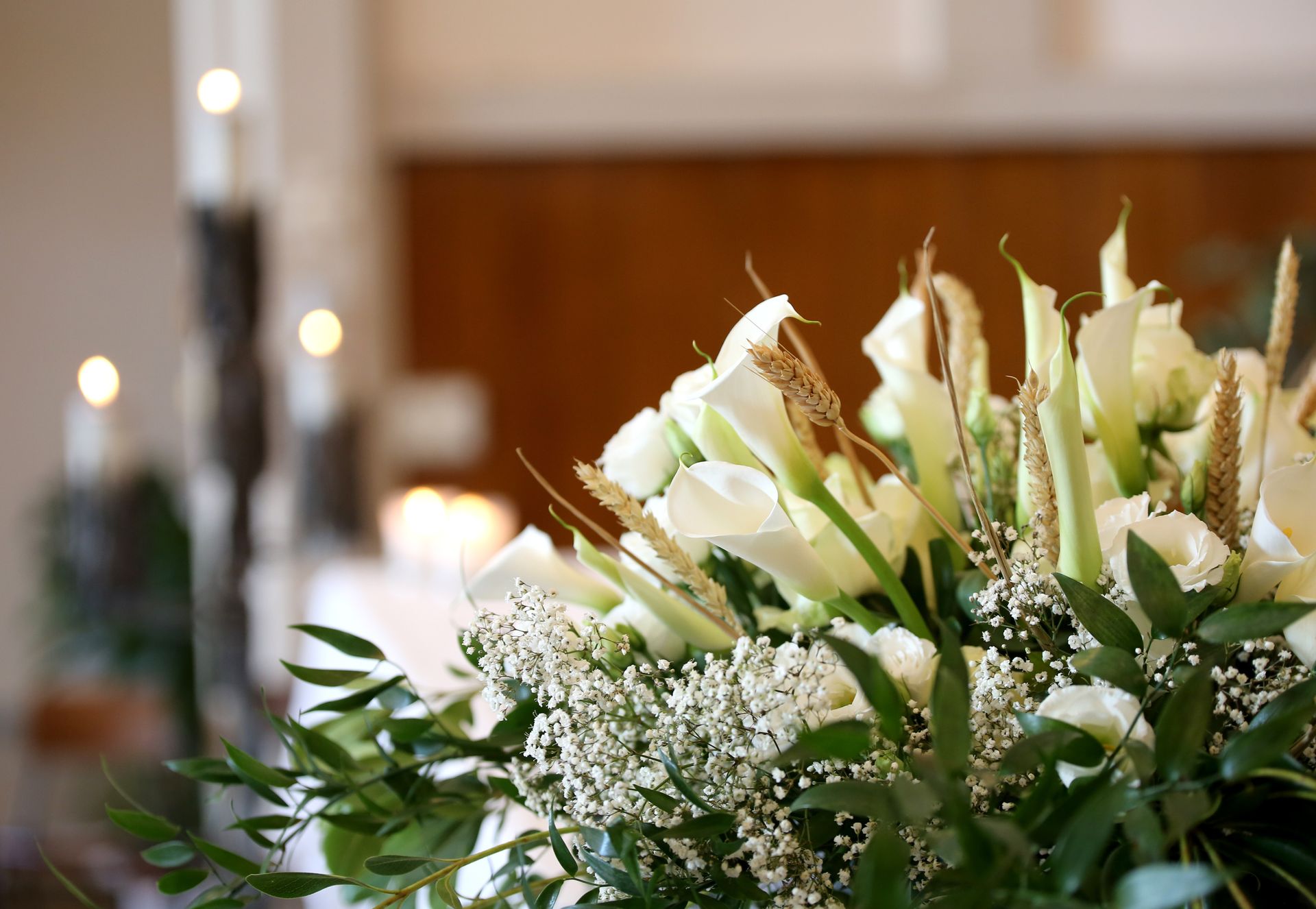Reflections on the loss of a grandparent
Nature's Symphony
For many of us, the death of a grandparent is the first time we experience the loss of someone close to us. If your grandparent died when you were very young, you might not have clear memories of the time beyond a general sense that your routine was upset and the adults around you were sad. If you were older, you may experience the loss more deeply and personally.
The death of your grandparent affects your entire family, often in different ways. Your parents, aunts and uncles lost a parent, and their loss is different than yours. Perhaps they are facing the new challenge of being the oldest remaining generation of your family. Your siblings and cousins will have had their own unique relationship with your grandparent, and they will grieve differently than you as well. It’s important to try to be sensitive to where other family members are at during this hard time, while you are working through all of it yourself.
Sometimes when an older person dies, well-meaning friends or family might tell us that they “lived a full life” or it was “their time.” While this might make sense from a statistical perspective, logic doesn’t necessarily matter to the heart. Most of the time, we are never ready to lose a loved one. If possible, try to take these comments in the caring spirit in which they were probably meant.
One of the aspects of losing a loved one is coming to terms with the future without them being physically present with you, or a phone call or email away. Special occasions and milestones in your life will now happen without them, but in time, you may create ways to include and honor their memory. This might take the form of a memory table at special event with photographs of your grandparent and others in the family who are no longer physically present. Perhaps you will remember them at the holidays by hanging a favorite ornament on a tree, baking their famous recipe or lighting a candle in their memory.
Eventually, it can be more healing than hurtful to talk about your grandparent. Purposefully sharing memories with other family members at special occasions can be hard at first, while the grief is still sharp. But as time passes, you may find this easier, and shared memories can help bind the remaining generations of a family together.









